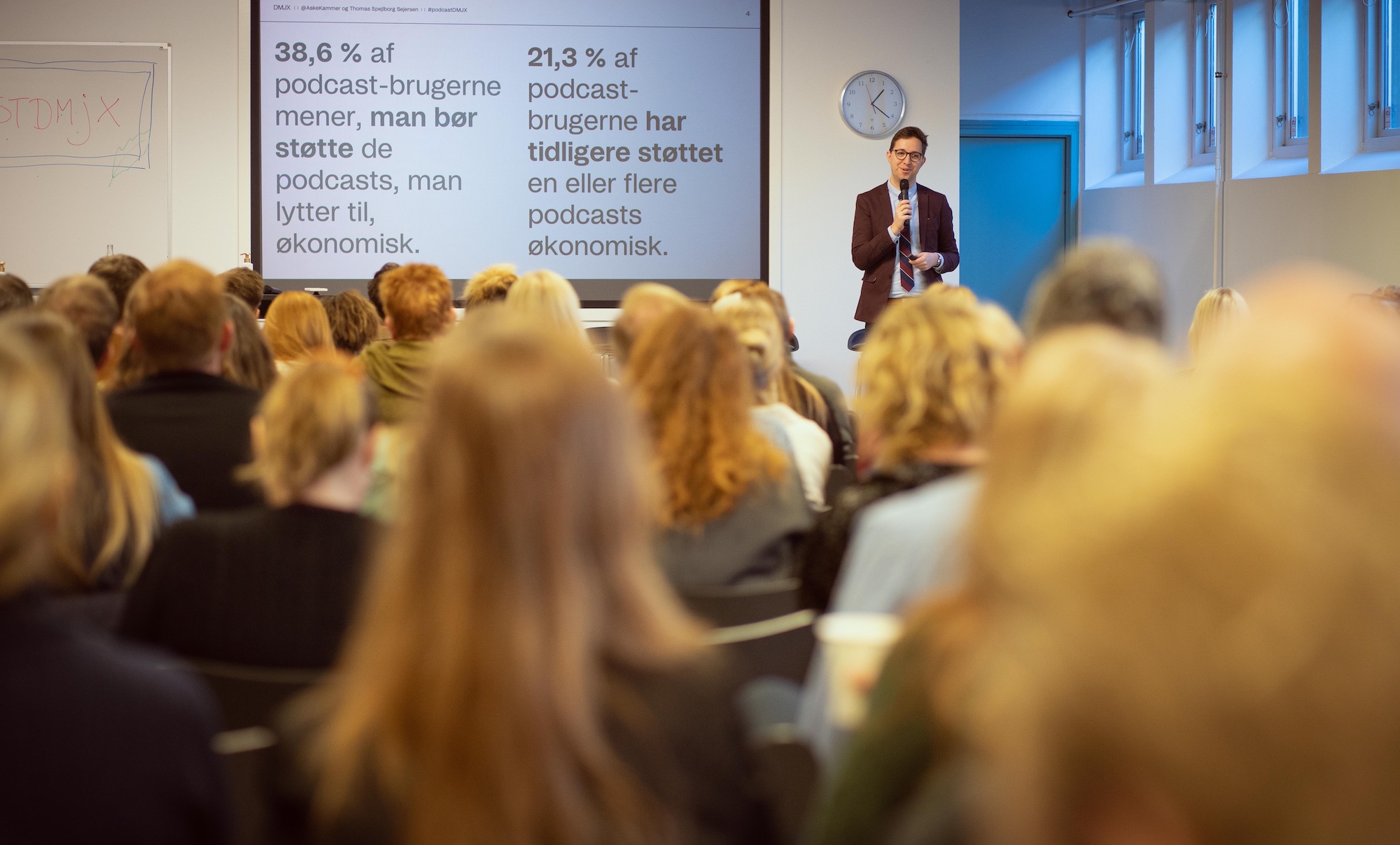To kick off the new year, the communications department at the IT University of Copenhagen asked five of its researchers which digital trends would shape 2017. The list primarily concerns technical stuff (the blockchain, AI, etc.) – but while I do not disagree with my distinguished colleagues, my prediction was of a more cultural kind:
One discussion that will definitely influence 2017 is about ‘digital intermediaries’ and their democratic responsibility (or lack thereof). Players like Google and Facebook are at the heart of our society’s communicative infrastructure – but the question is whether they are neutral actors who simply provide a platform for intercommunication between citizens. Or whether these services, because of their automated sorting and selection of the content that users are exposed to, are responsible for the quality of the highlighted content.
This discussion has been simmering for a long time, but in the wake of the US presidential election and the circulation of ‘fake news’, it has exploded, and the considerable interests at stake suggest that the debate is unlikely to end anytime soon.
We have something related and super-exciting in the pipeline in the Spring – but I’ll get back to that later. In the meantime, if you think this subject is interesting, I suggest you spend 47 minutes watching Rasmus Kleis Nielsen’s keynote “Platforms and Publishers” from the 2016 ECREA conference.
Happy New Year.
